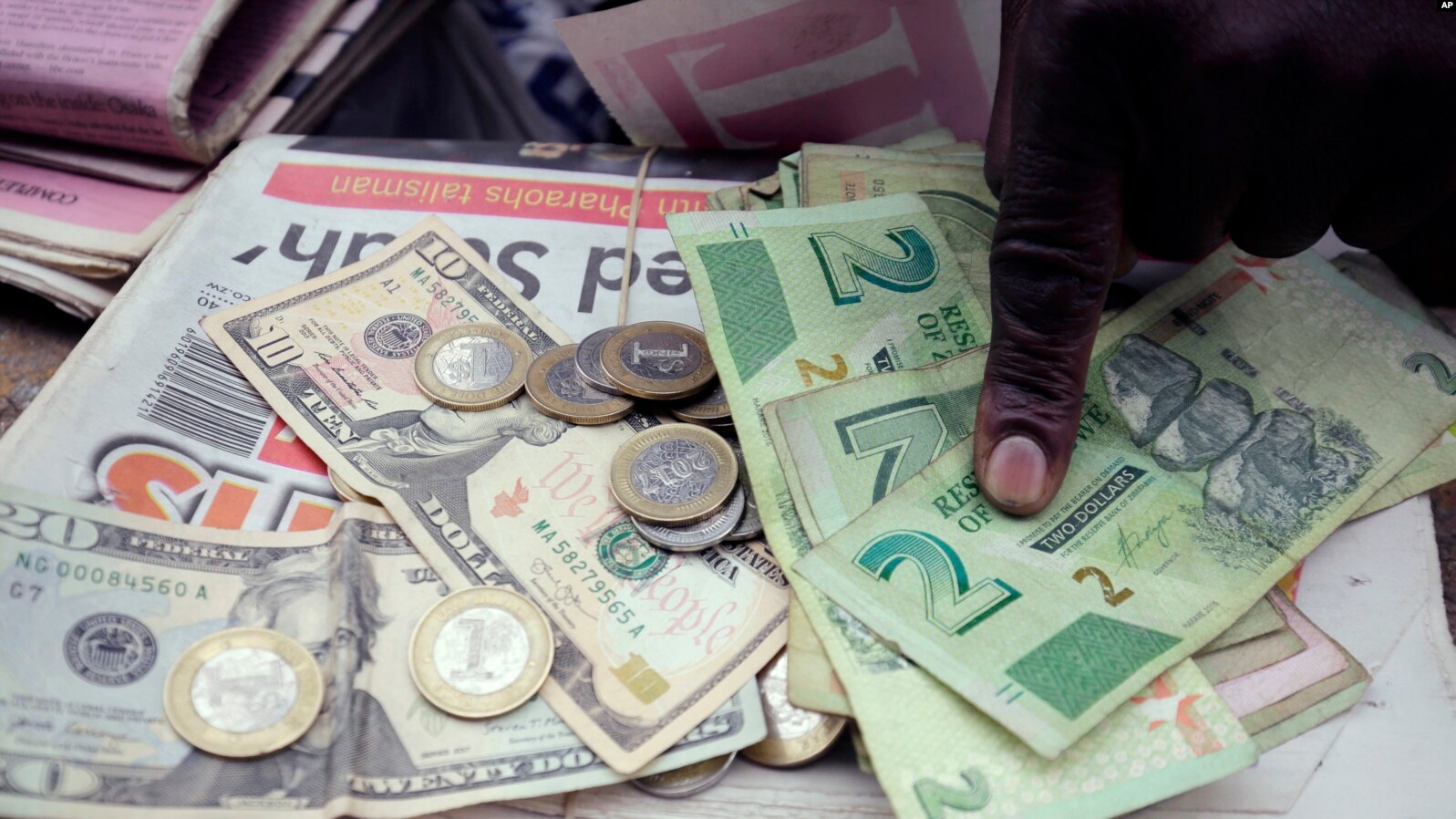Economists say that as the new currency volatility pushes prices up, the traditional stores face collapse. But from dusk, sidewalks, store or office verandahs and car parking spaces burst into unorthodox open-air bazaars, offering anything from groceries to fresh meat, electronics, clothes, medicines, fashion accessories, and stationery.
People in Zimbabwe are shunning traditional grocery stores to do their shopping at informal and illegal markets that pop up at night to avoid police raids that are rampant during the day.
The government had hoped introducing a new currency in April would resolve a long-running money crisis that has seen the southern African country introduce six currencies so far. But it is now depreciating and hurting licensed stores forced by law to accept it. Unregulated informal traders meanwhile charge their goods exclusively in the more stable dollar to make their prices significantly lower.
Economists say that as the new currency volatility pushes prices up, the traditional stores face collapse. But from dusk, sidewalks, store or office verandahs and car parking spaces burst into unorthodox open-air bazaars, offering anything from groceries to fresh meat, electronics, clothes, medicines, fashion accessories, and stationery.
Unfettered by expenses such as rising energy costs, taxes and laws that force formal retailers to accept the local currency at artificially low official exchange rates, informal traders, including children, offer better bargains. A box of juice that sells for $3 in a supermarket costs half the price on the street.
The once-prosperous African nation of 15 million people introduced a new gold-backed currency called ZiG, short for Zimbabwe Gold, in April to replace one battered by depreciation and often outright rejection by the people.It was the sixth attempt at a new currency since the spectacular 2009 collapse of the Zimbabwe dollar and adoption of the U.S. dollar as legal tender amid hyperinflation of 5 billion percent, one of the world’s worst currency crashes to date.
Read Also:
The gap between official and black market exchange rates continues to widen, with many people and informal traders who dominate the economy again preferring the more stable dollar.





